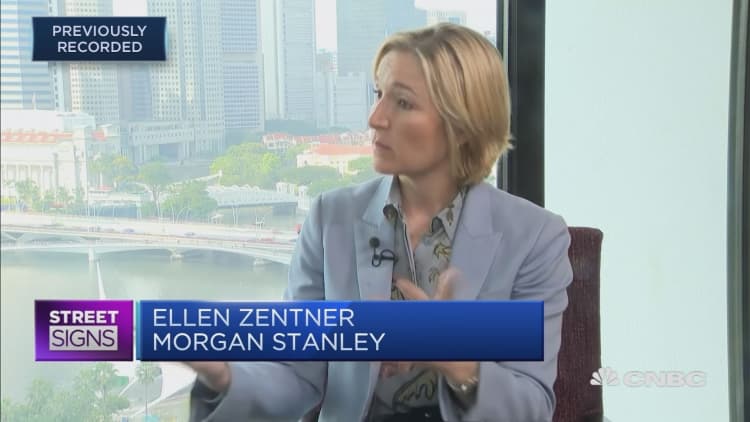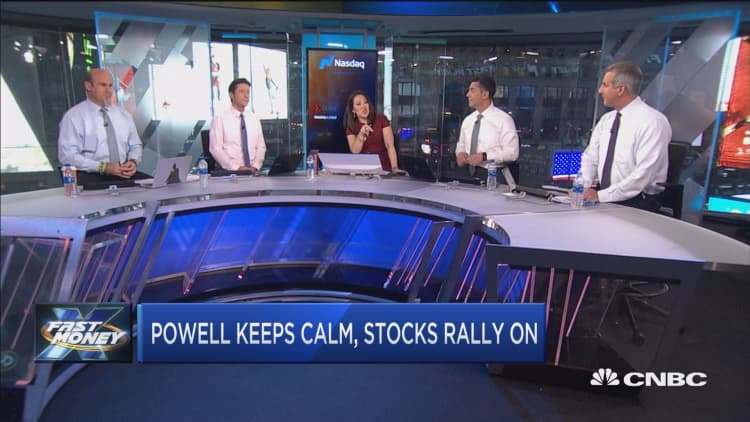U.S. President Donald Trump may be unhappy with Federal Reserve Chairman Jerome Powell, but he has no authority to remove the central bank head from office, Morgan Stanley said.
Still, a new report from Bloomberg cites four sources saying Trump has discussed firing the central bank head.
In fact, Trump has repeatedly criticized Powell, blaming the Fed chair for stock market distress and automaker General Motors' plans to close plants and cut jobs. Powell became Fed chair in February this year after being nominated by Trump and confirmed by the Senate.
"The President can nominate a chair but once the chair is confirmed, the president is out of it and the only way you can remove a chair from office is literally if they broke the law. Congress will have to find a cause to remove them from office through a vote and a procedure," Ellen Zentner, Morgan Stanley's chief U.S. economist, told CNBC's Sri Jegarajah last month.
U.S. law says Fed officials — and those of other independent agencies — can be "removed for cause," according to a report by The Washington Post. The "cause" often means more than a policy disagreement with the president, the Post added.
So far, no Fed chairman has been removed by a president, according to the Post.

"So Chair Powell is here to stay. He's not swayed by political inclinations, he's swayed by what the data is telling him about the economy," Zentner said at the Morgan Stanley 17th Annual Asia Pacific Summit in Singapore.
"Absolutely, this has nothing to do with politics. If the Fed pauses next year, it will have nothing to do with the message that the president has said to them," she said.
'Nothing to do with politics'
Powell has said he considers the central bank's benchmark interest rate to be near a neutral level — which means it is neither speeding up nor slowing down the U.S. economy. That implies the Fed could be near the end of its three-year tightening cycle.
The Fed, however, was viewed as a major catalyst for the sell-off this past week, after it released a forecast for more rate hikes at the same time it sees a slower growing economy. That sparked concerns that the central bank was heading for a policy mistake.

But there have been signs pointing to a slowdown in growth in the U.S., which will give the Fed some pause when it's considering raising interest rates next year, said Zentner.
"At the end of the day, if financial conditions have tightened and global growth is slowing, it's simply harder to hike into that ... After that June meeting, growth we think will be below potential and that will lead them (the Fed) to believe that they are at neutral and might have risked going beyond neutral so they need to stop there," she added.
Update: This article has been updated to reflect new reports and Federal Reserve developments.
—CNBC's Patti Domm contributed to this report.


